Christine Whitehead’s interview with us offered a fascinating insight into her writing process and her love affair with the legendary Ernest Hemingway. She revealed that she’s had an obsession bordering on madness for all things Hemingway ever since she first read his works as a child, and that it has only grown over time. “My fascination started when I was just a kid,” she said. “I devoured every book of his I could get my hands on – even the obscure stuff!” From there, Christine became obsessed with uncovering the mysteries surrounding Hemingway’s life and work, eventually leading her to write her own novel about his daughter titled Hemingway’s Daughter. Christine also shared her writing process, which revolves around creating detailed outlines and then allowing the characters to take on a life of their own. “I let the characters dictate the story – I never want to force them in any direction,” she said. It was clear from her interview that Christine Whitehead has an unwavering dedication to both Hemingway and her craft, making her one of today’s most inspiring authors.
Tell us about your book?
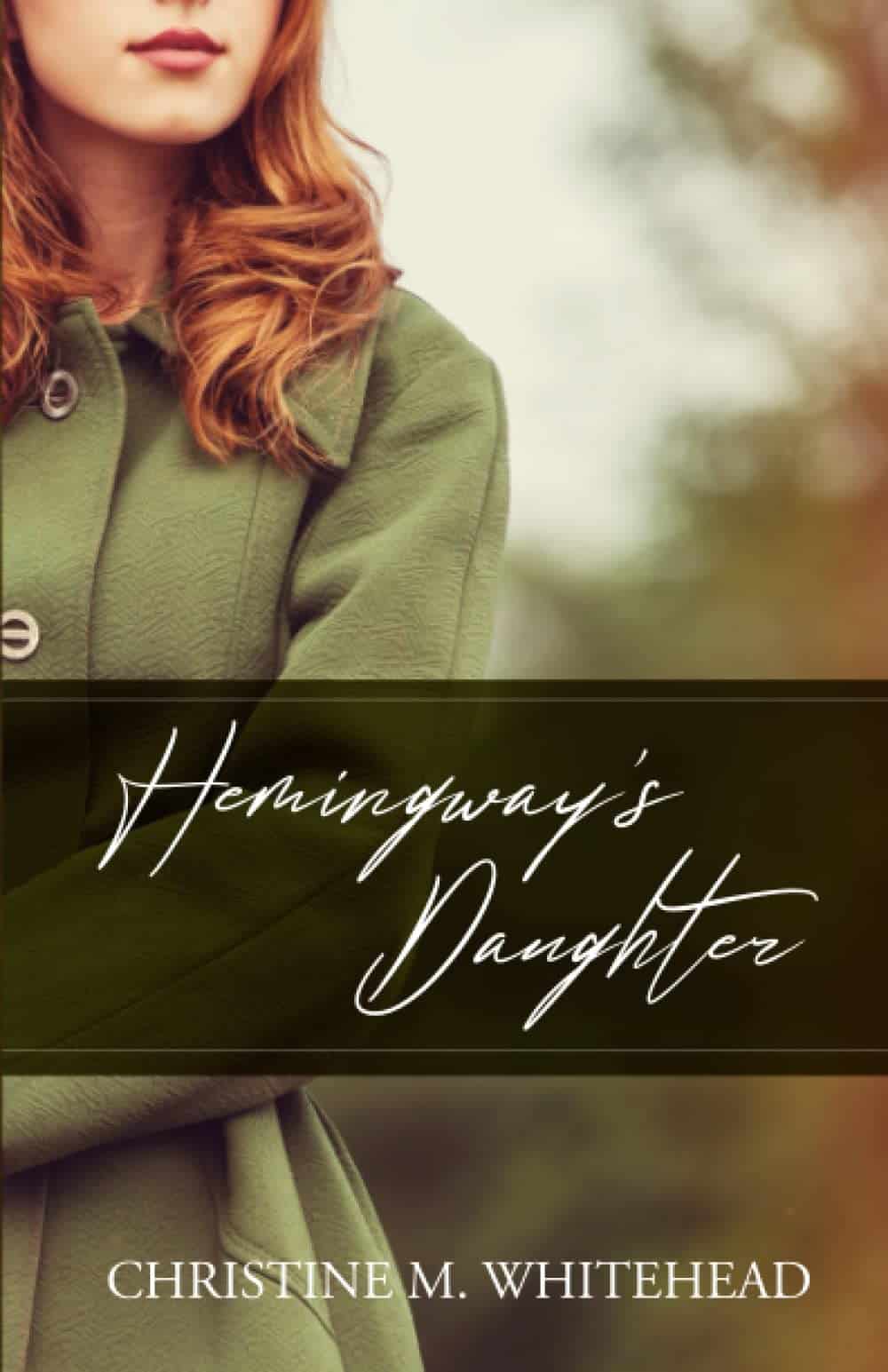 I’ve loved and studied Hemingway for almost 35 years. And you know, everyone things they know Hemingway: the big burly guy with the white beard, alcoholic, loved cats. He had three sons but always wanted a daughter so I gave him one to see how it might impact him, soften some edges—or not—and so see how she might evolve with the most macho man in America as her father.
I’ve loved and studied Hemingway for almost 35 years. And you know, everyone things they know Hemingway: the big burly guy with the white beard, alcoholic, loved cats. He had three sons but always wanted a daughter so I gave him one to see how it might impact him, soften some edges—or not—and so see how she might evolve with the most macho man in America as her father.
The story is about Finn going after her dream of being a trial lawyer when all odds are agasint her. It’s about her wanting so badly to find true and lasting love when she feels under the Hemingway love curse that says love always ends and usually badly in the Hemingway family. And she yearns to impact the most important thing to her father—his writing. And she has no idea how to get these things. They feel almost impossible, but to her, “almost” means maybe. She won’t stop until she gets them or dies trying to get them.
But mainly, I’d say that the book is about yearning. Just as her father yearned to always write something new and better, Finn’s yearnings may be what keeps you going.
What is the PRIMARY benefit, above all others, that your potential reader will gain from reading this book?
That whatever your struggles, you’re not alone. Whether you have family conflict, a dysfunctional alcoholic parent, a career challenge made worse by being told you’re not wanted, or love that is impossible—you’re not the only one and you will find a way to get through.. Finn loses her first love and is sure she will never have another. She is told woman cannot be lawyers certainly not trial lawyers. The primary benefit is absorbing Finn’s fight to overcome hurdles in love, career, family and still come out standing.
If you had to compare this book to any other book out there, which book would it be?
I would say The Paris Wife. This may seem obvious due to the clear Hemingway plot points. I reference it though because Hemingway’s Daughter too illuminates a famous figure through the lens of an unknown who ends up being the star of her own story and who has her own arc and goals. The “famous” person is subsidiary.
Hundreds of thousands of books come out every year. Why should someone buy THIS book?
Hemingway’s Daughter is a good combination of escapist fun reading, learning about Hemingway indirectly, and watching Finn blossom from a shy insecure guarded prep school student to a confidant Manhattan lawyer finding love whatever the outcome. Dropping her into Hemingway’s life gives historical context and poignancy as she moves out of his shadow into her own space and triumph.
Who is your target audience?
Originally, I thought most of my readers would be women over the age of 30. Women’s historical fiction tends to have women readers who want to learn some history mixed in with romance. However, the few men who have read it admit to being caught up in the barriers to women practicing law in 1950, the impact of World War II on all aspects of life, and in the anecdotal stories about Hemingway. And one teen who grabbed it from her mother said she loved the Nicky/Finn love affair and now wanted to read more Hemingway. While I would not be smug enough to say my book “will appeal to everyone,” I think that readers of historical family saga fiction and women’s issues will enjoy following Finn’s loves, family woes, and career.
Did your environment or upbringing play a major role in your writing and did you use it to your advantage?
Yes! I grew up around horses and dogs and they always play a part in my novels. I went to Smith College and am a trial lawyer myself so I related and enjoyed writing about Finn’s schooling and practice of law. And as my parents died when I was young, I grew up with relative with a drinking problem so I related strongly to the inconsistencies and unreliability of living with a beloved but troubled parent.
Tell us your most rewarding experience since publishing your work?
 I was invited to a bookclub and we had a blast! They had a ton of questions about Hemingway, about the research, about how real they felt Finn was to the point of checking to be SURE Hemingway didn’t really have a daughter. I love it when readers give me feedback—even bad feedback—as I learn what is working and what isn’t.
I was invited to a bookclub and we had a blast! They had a ton of questions about Hemingway, about the research, about how real they felt Finn was to the point of checking to be SURE Hemingway didn’t really have a daughter. I love it when readers give me feedback—even bad feedback—as I learn what is working and what isn’t.
How would you describe your writing style?
Direct. I don’t have a lot of description, and I use more dialogue. I want the book to move. I am not poetic—sadly! I wish I had more of that in my talents but I try to make up for it by having characters who are relatable and whom you root for and about whom you have to know what happens.
Are your characters pure fiction, or did you draw from people you know? Hemingway is Hemingway and the research was extensive. I’ve studied him and his writing for 35 years, and read volumes of his letters to understand how he communicated—the rhythm of his speech and style– with his friends and family. He was as real as I could make him. The others are my imagination but of course you pull a little from that gal you knew, and a little from your sister, and a little from this story you read about.
Are you more of a character artist or a plot-driven writer?
Some of each but I am firmly in the plot-driven camp. Hopefully though my characters feel real. I love when characters change from the beginning to the end and I make sure that happens but plot is what moves it along for me.
What do you hope to accomplish with your book other than selling it? I was very eager to share with readers the challenges women faced in the 40’ and 50’s if they wanted to practice law. I also wanted to show a different side of Hemingway. Everyone thinks they know him at least somewhat but he was far more complex than the generic view of Hemingway. Finally, I hoped to create a strong heroine who persevered despite the odds to reach her dreams.
How can our readers get in touch with you?
www.christinewhitehead.com and chris@whiteheadlegal.com
I love hearing from readers. It is the best thing about being a writer.
Where can our readers purchase your book?
Amazon. We are adding other distributors within the next two months.
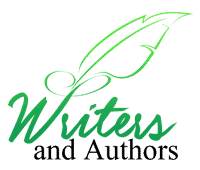
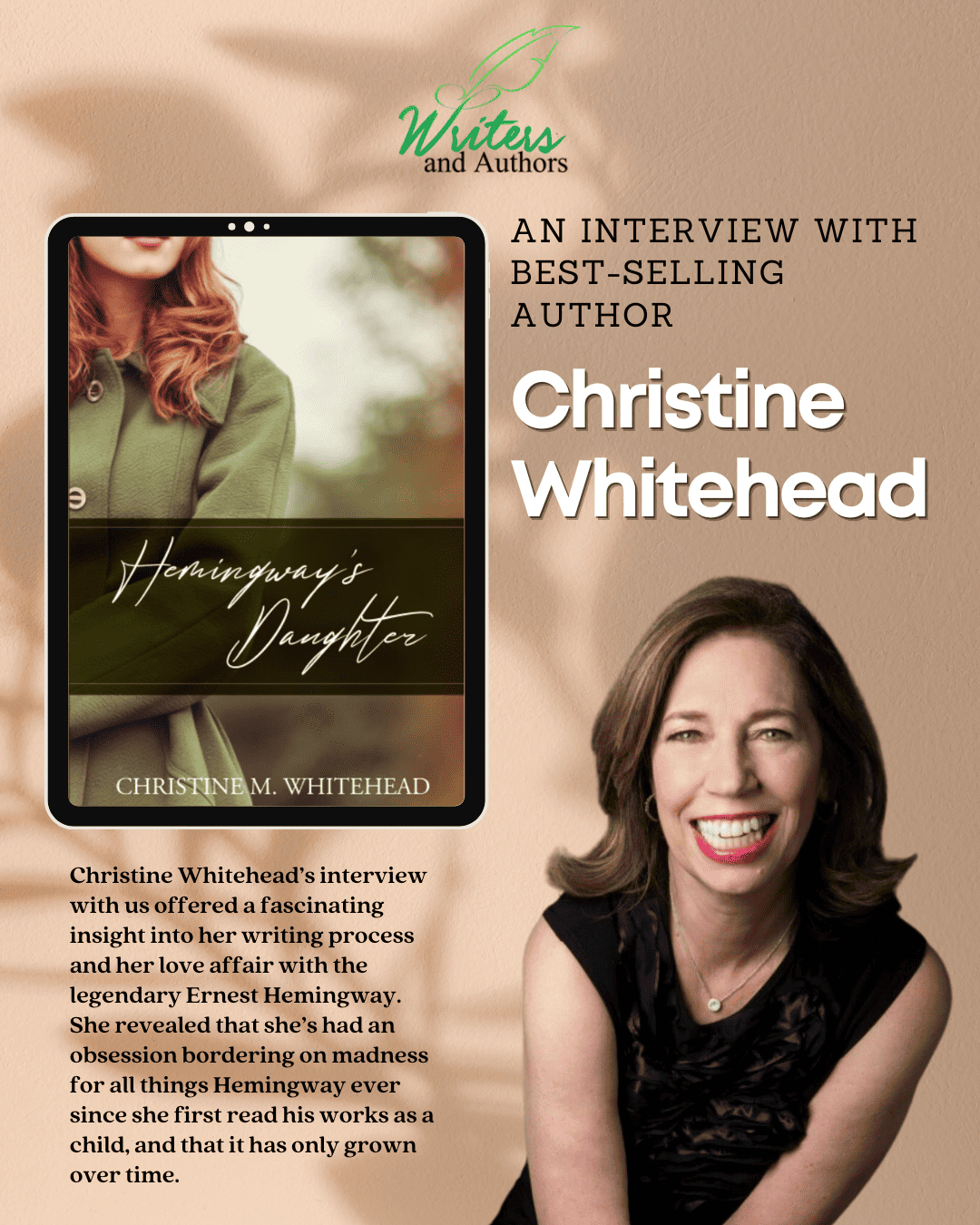
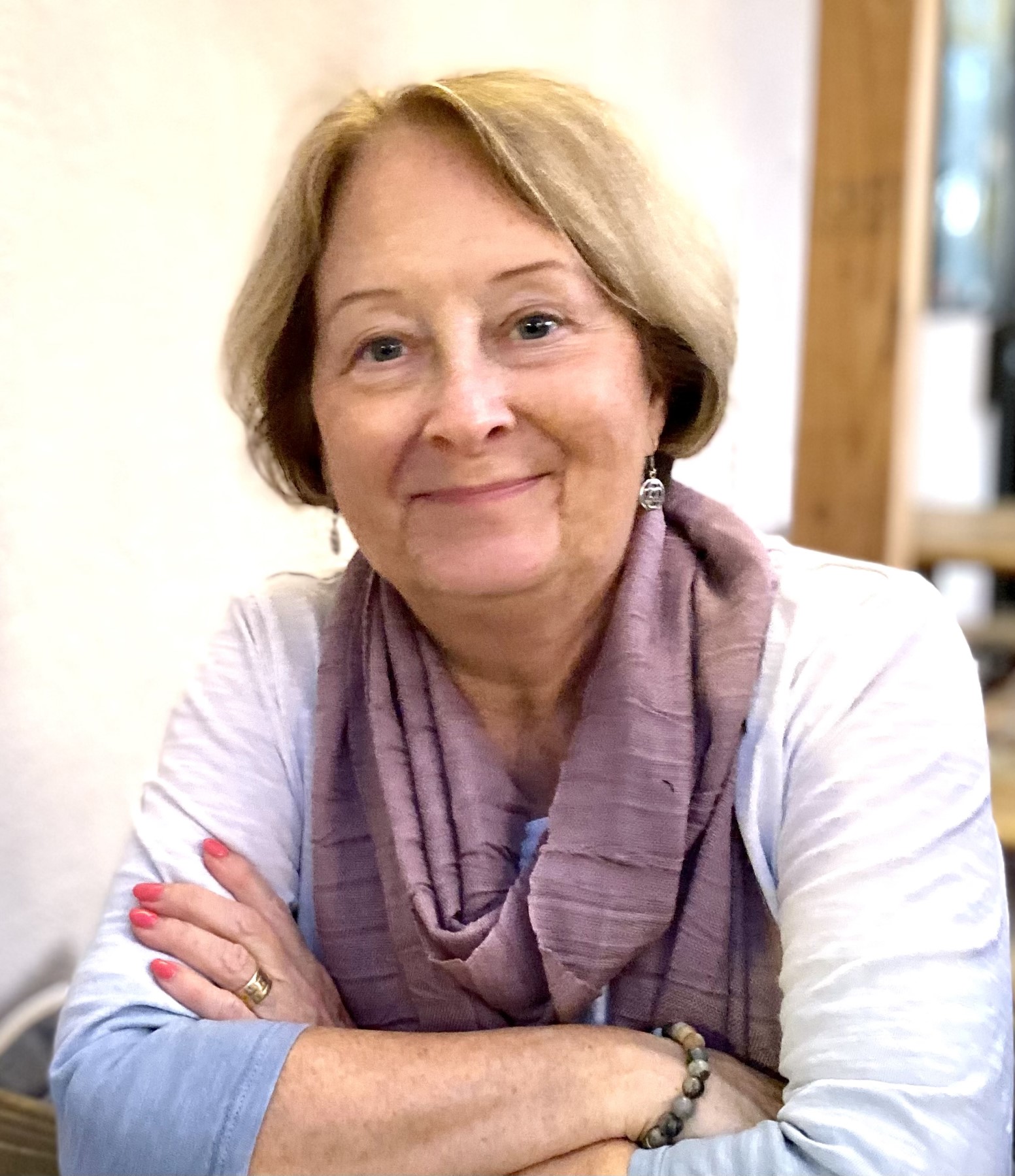




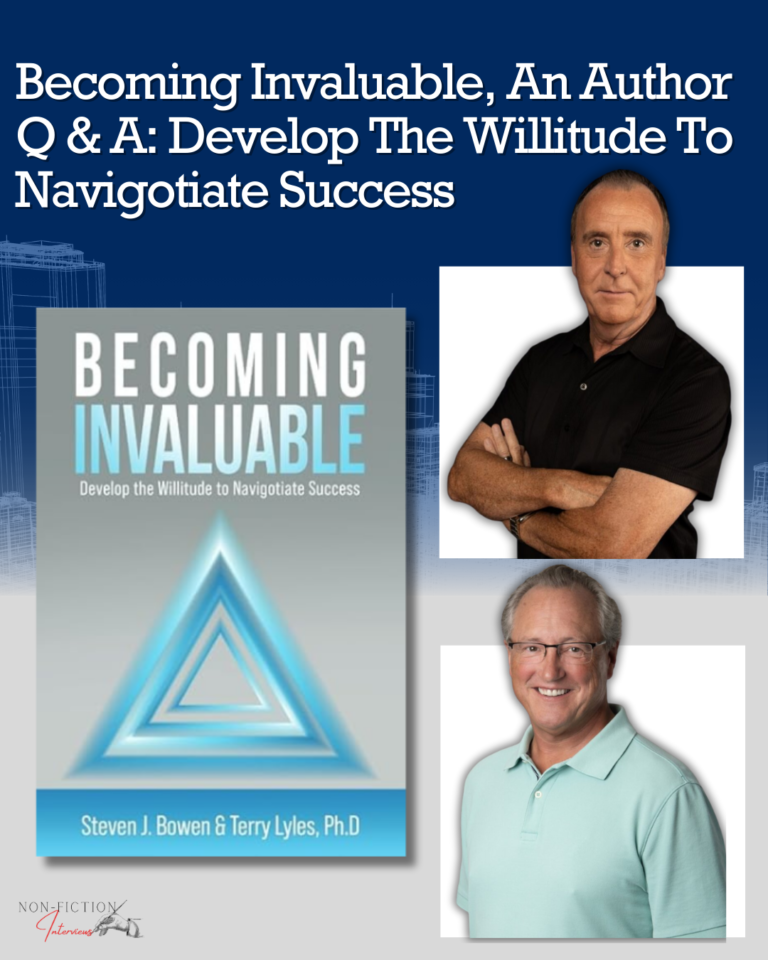
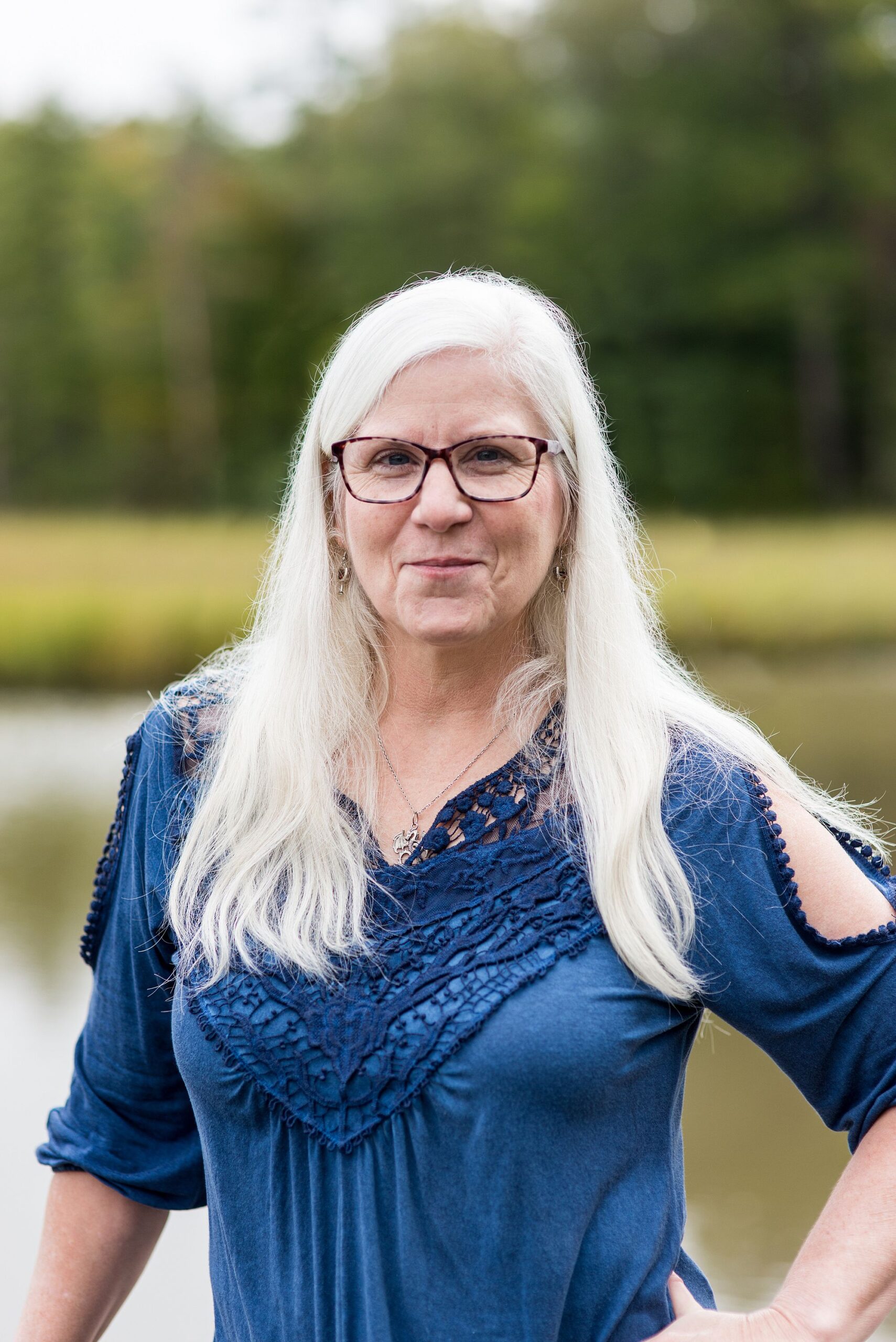
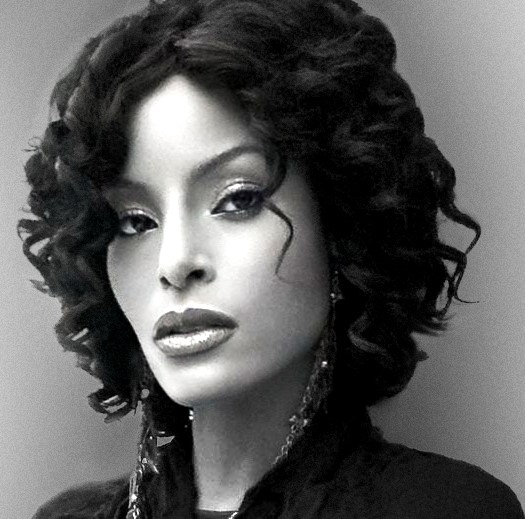
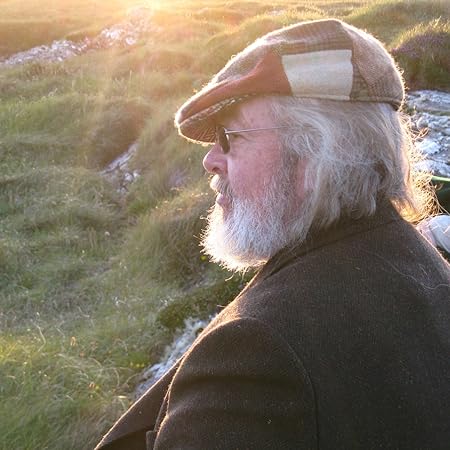
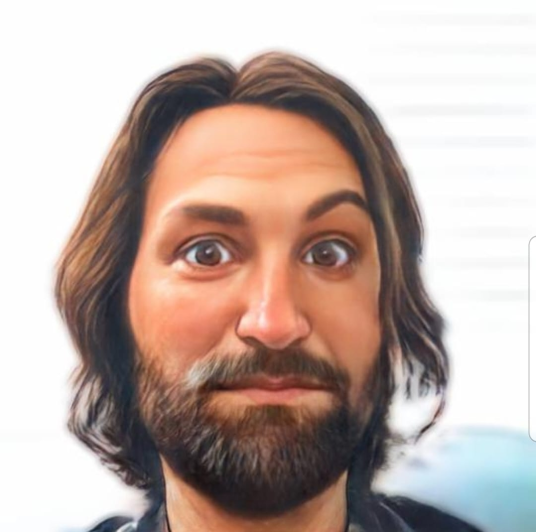
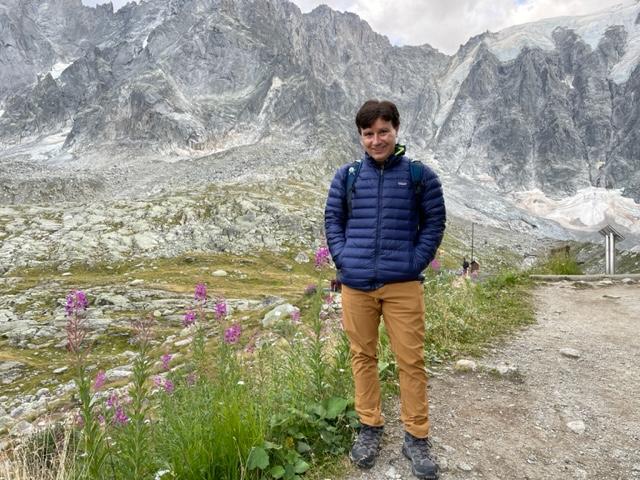
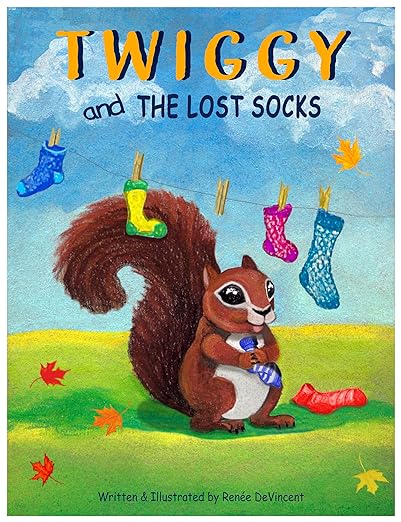
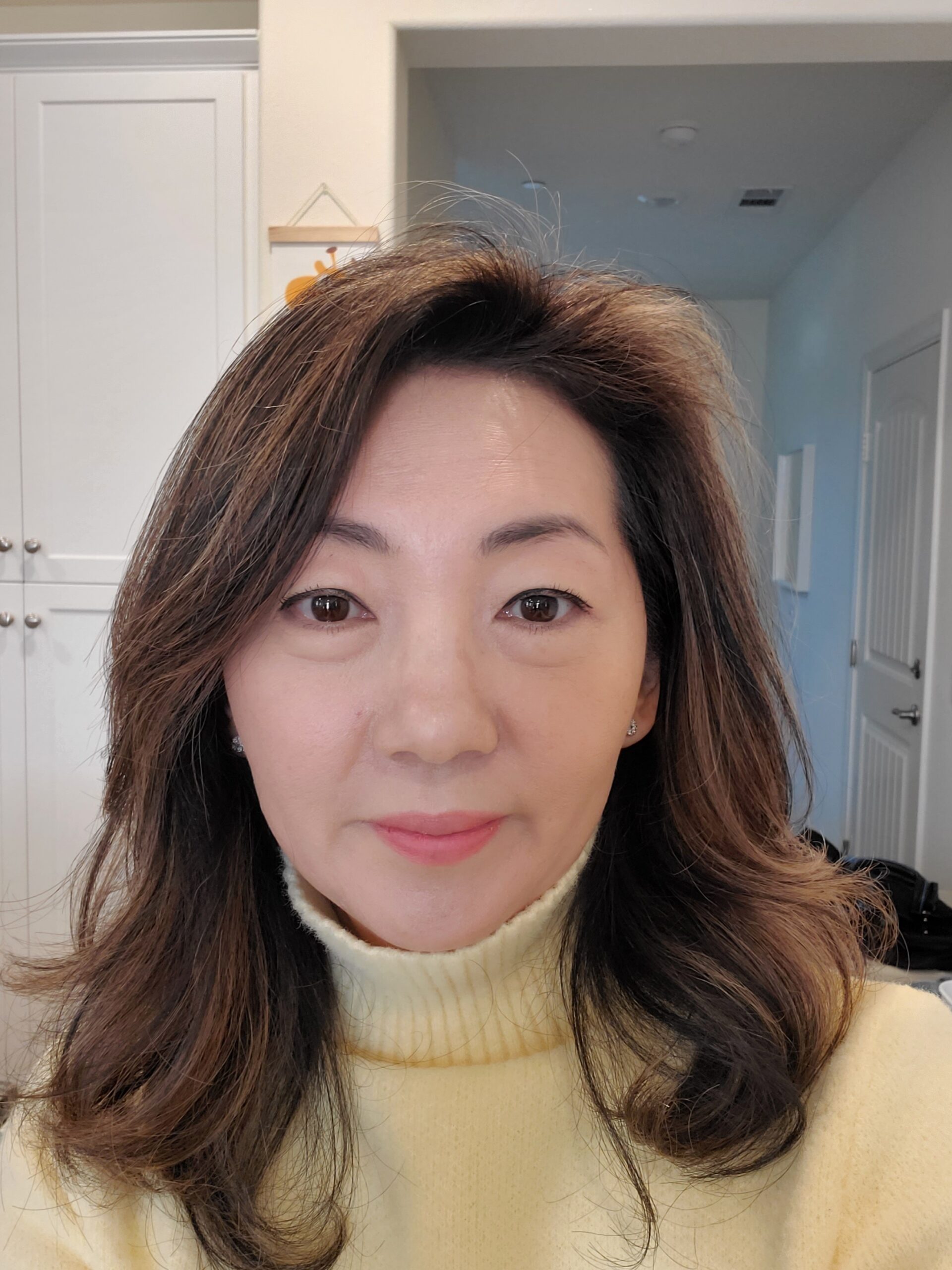
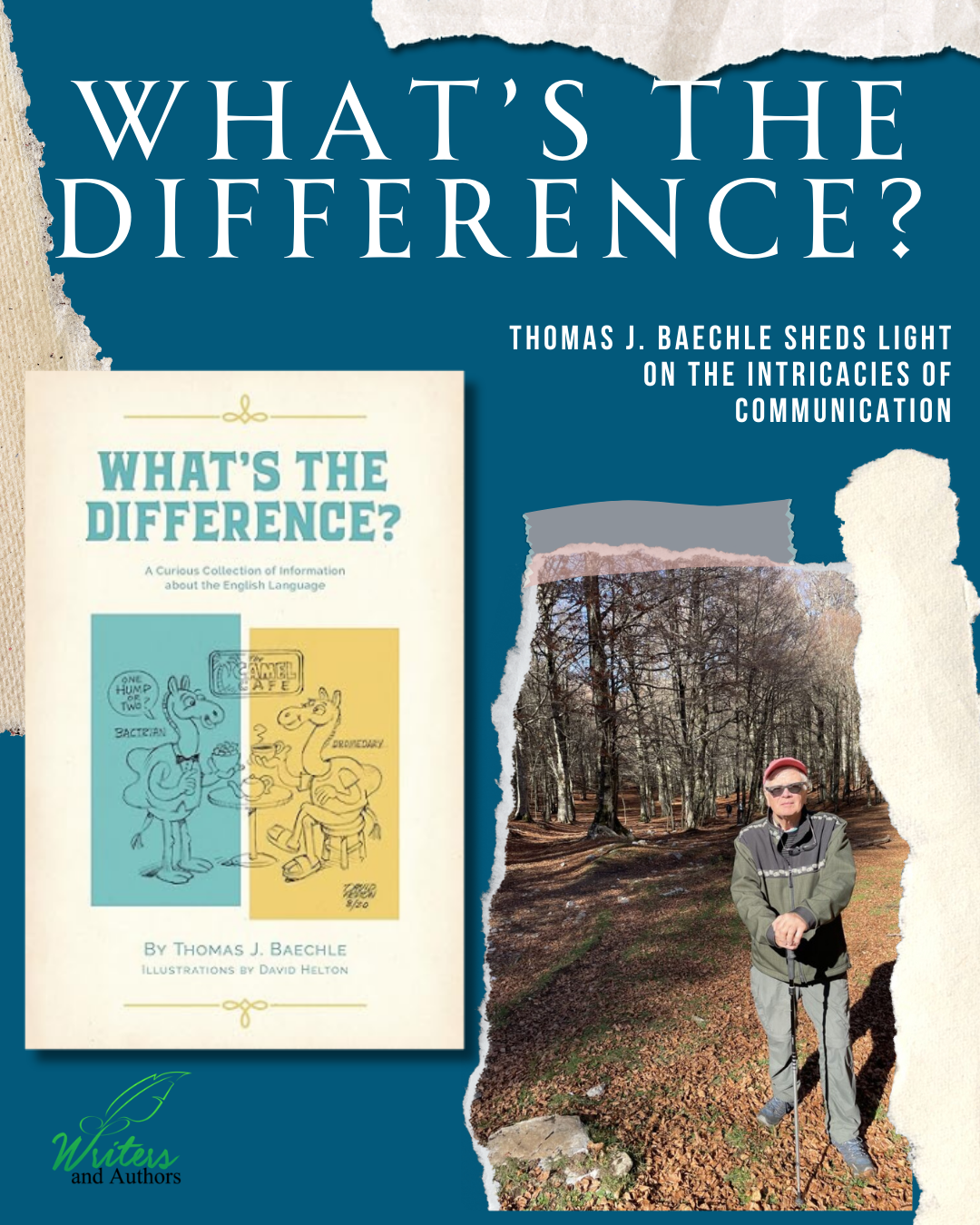
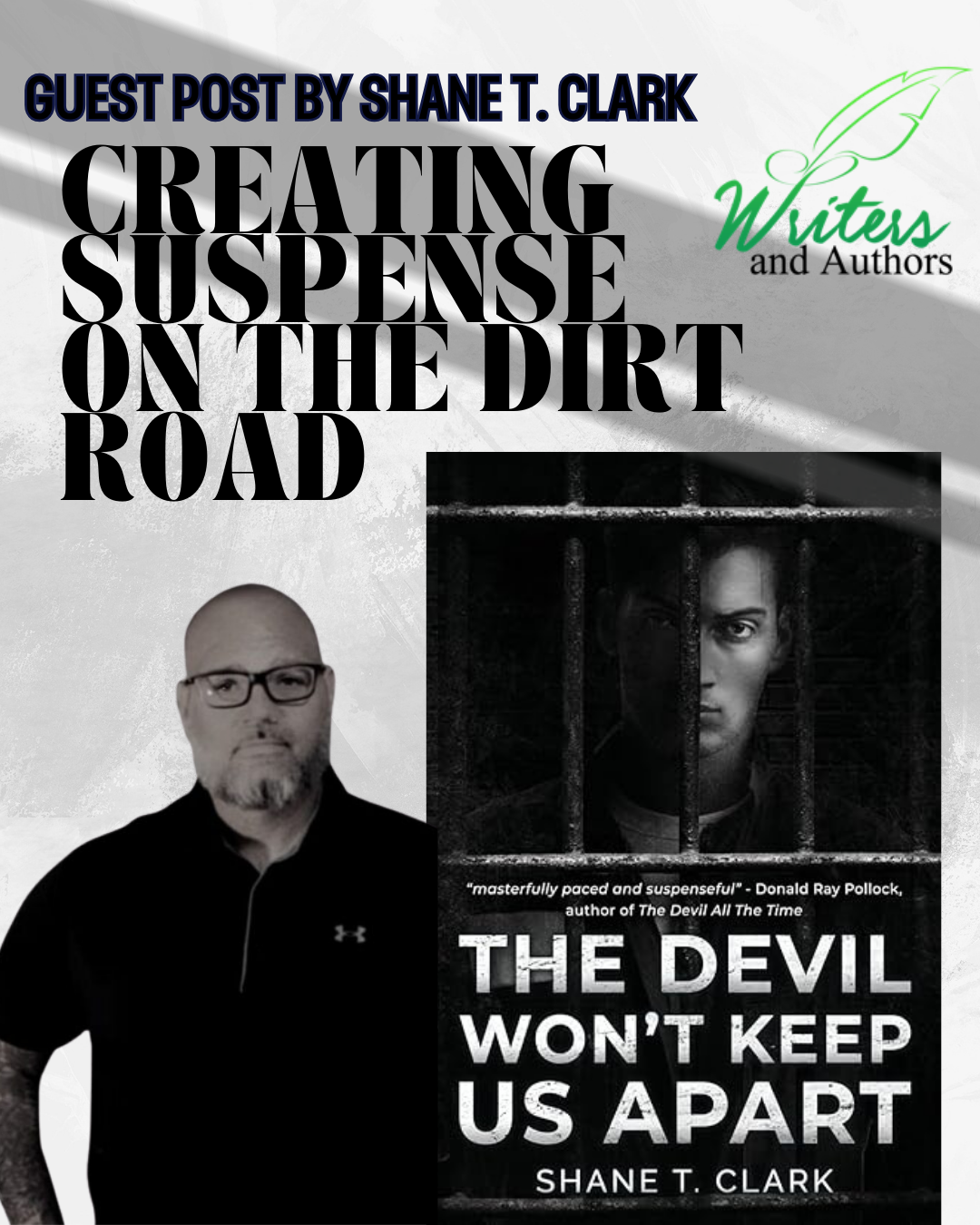
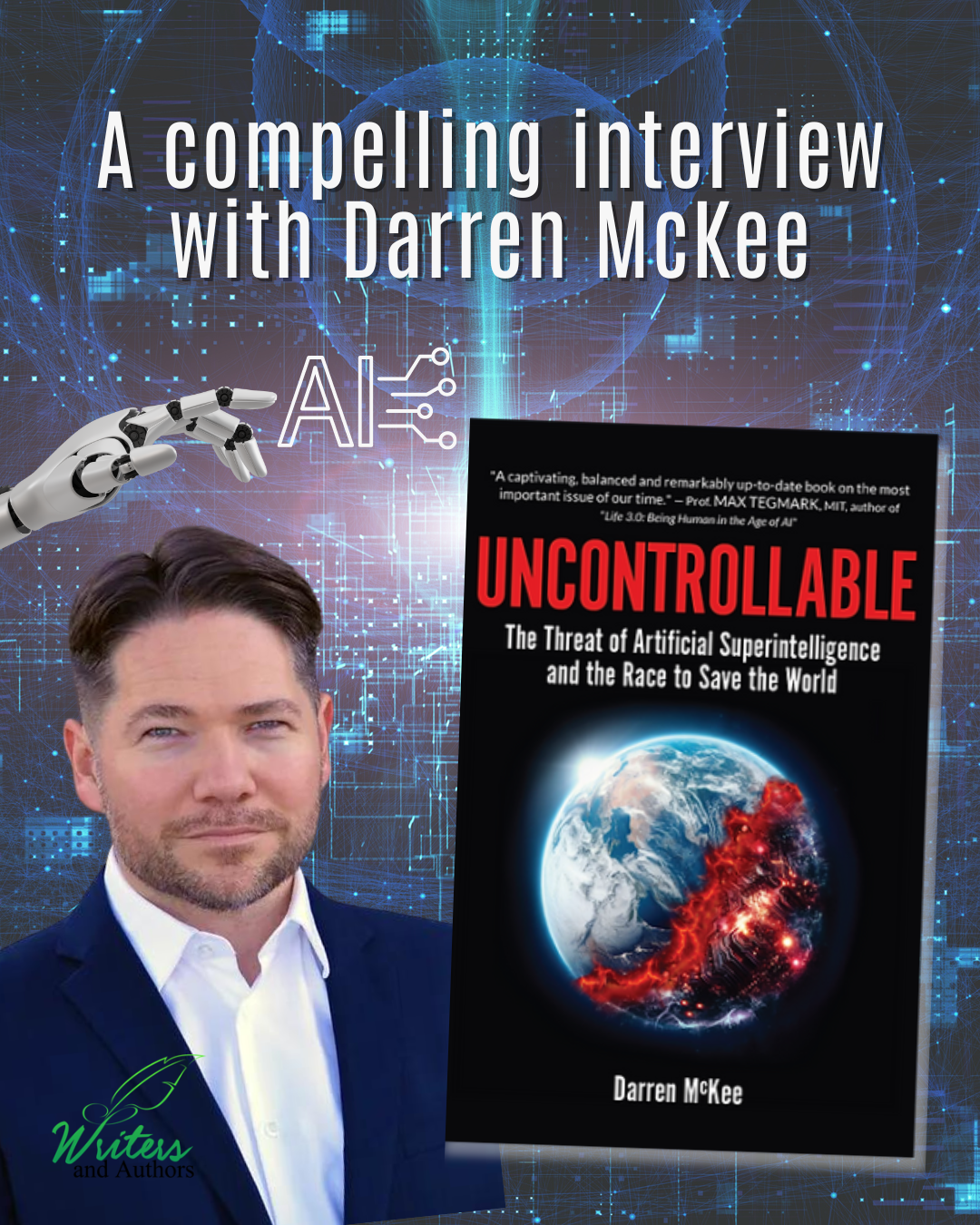
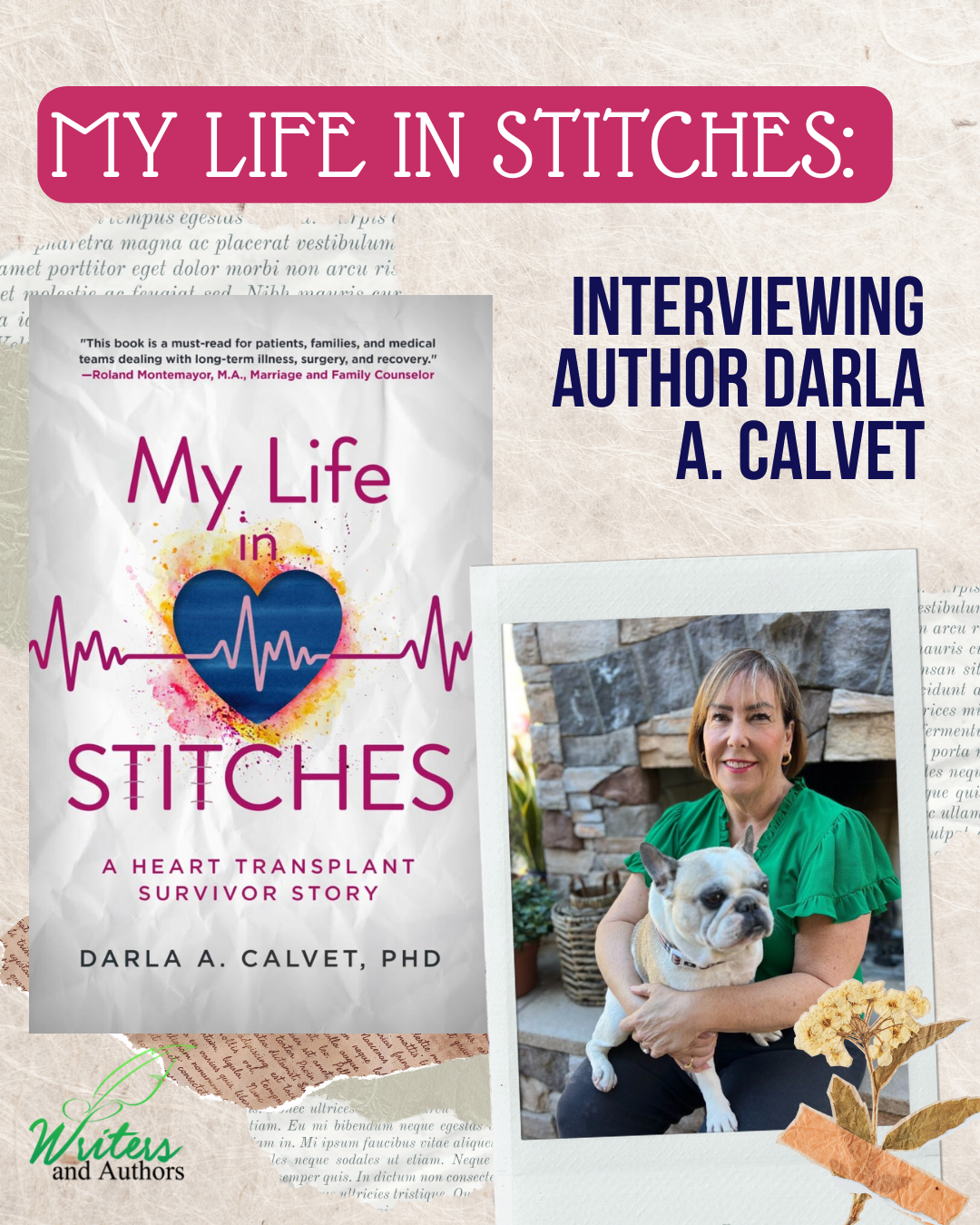
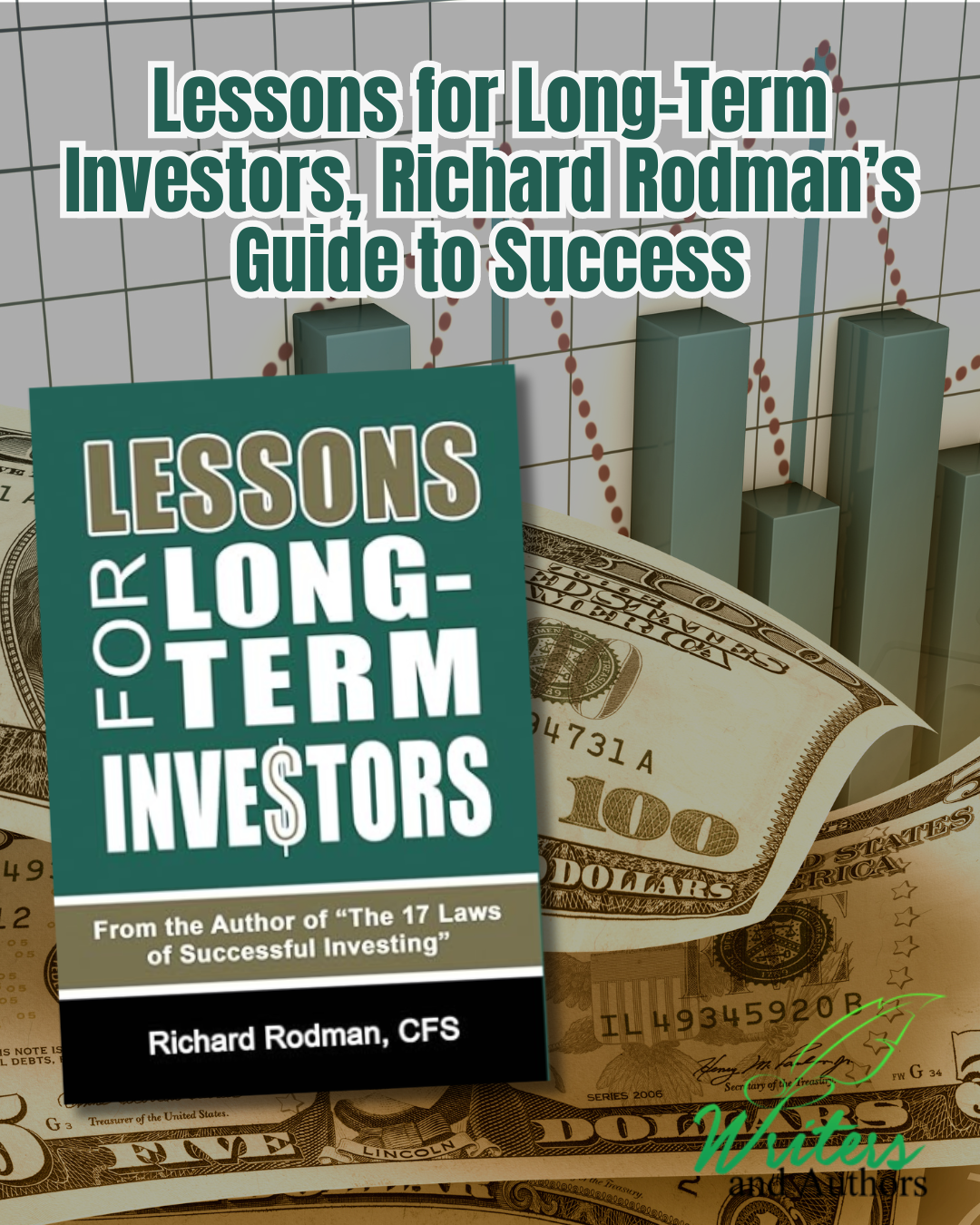
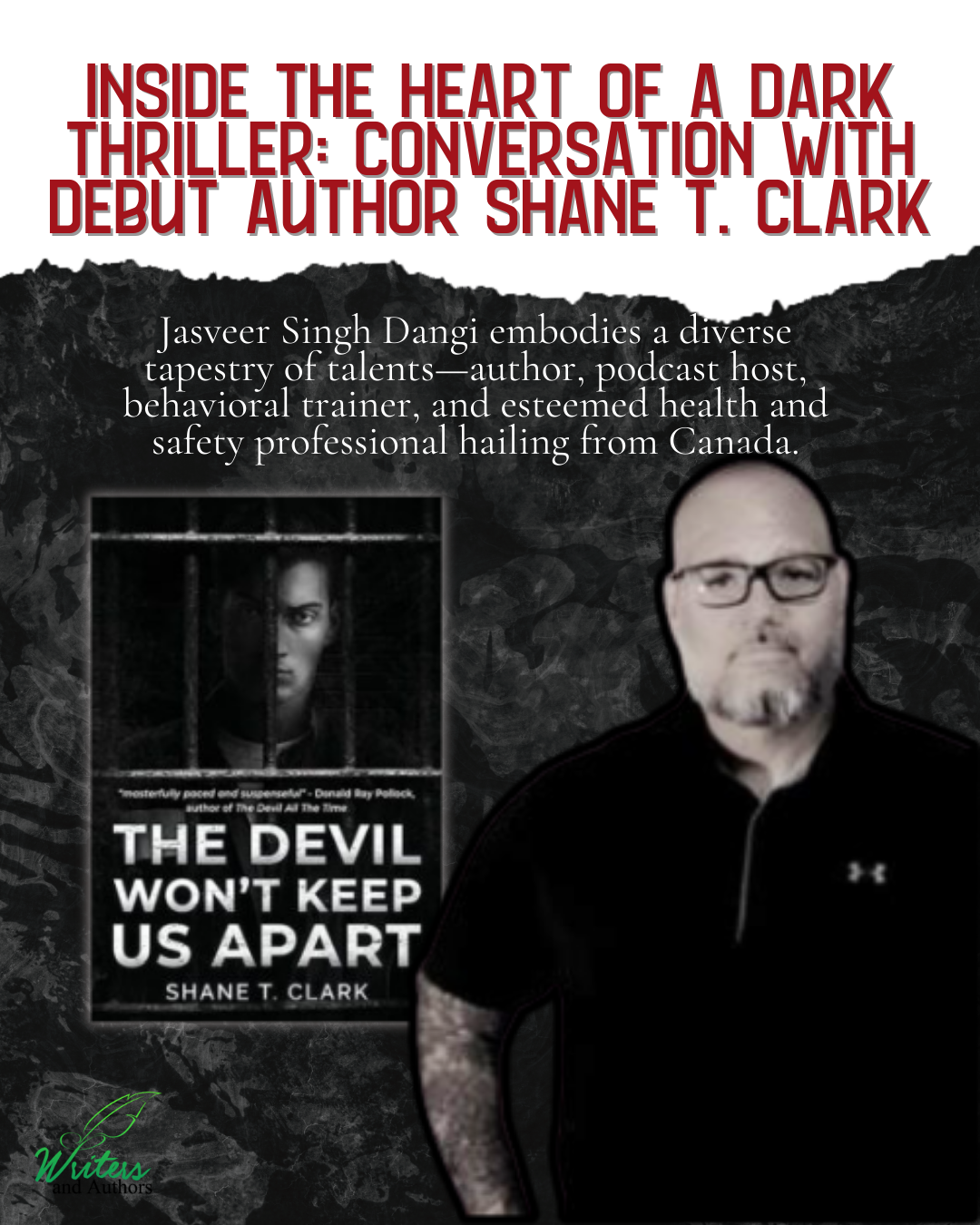
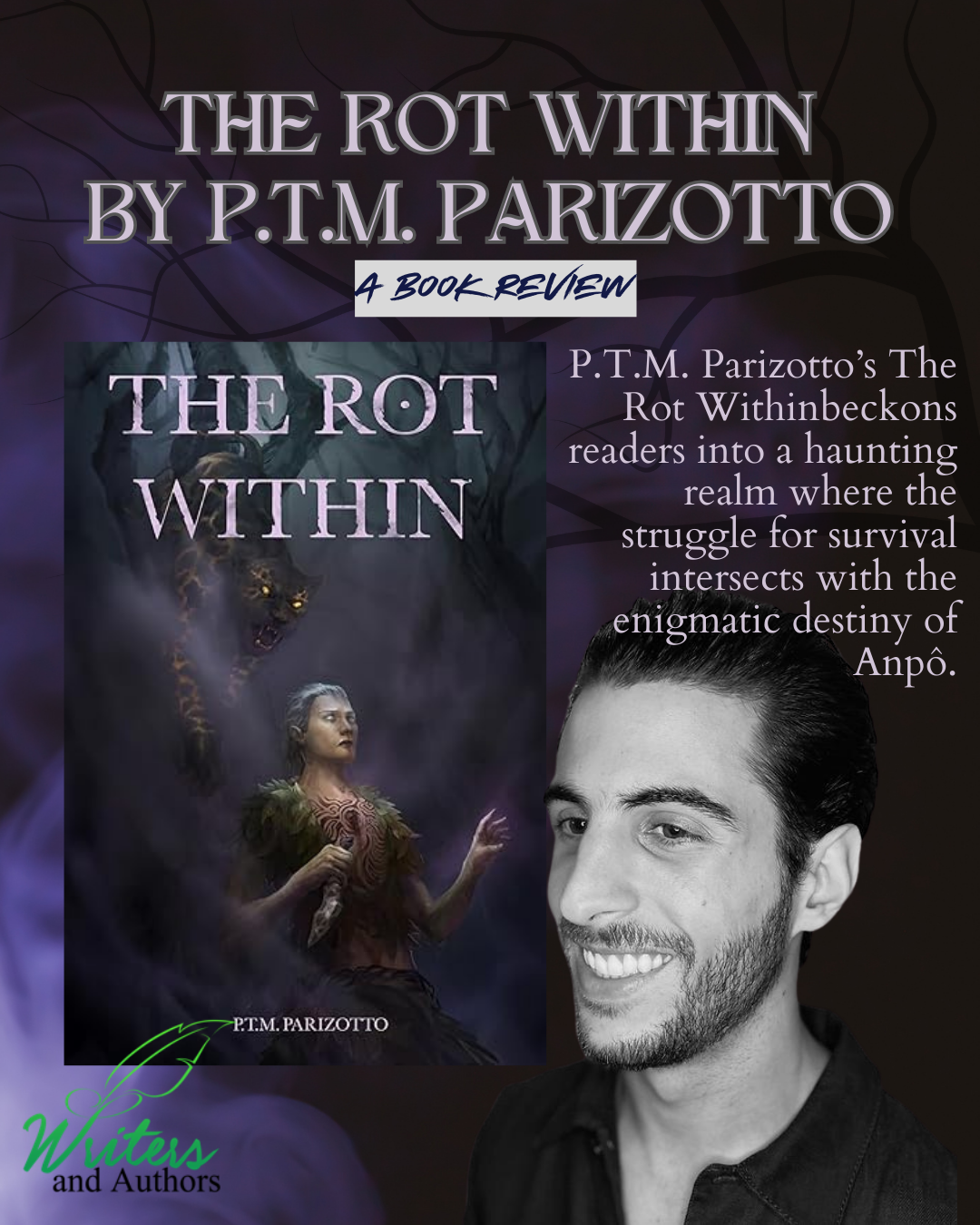
One Response
Hello Christine.
I really enjoyed reading Hemingway’s Daughter, as I, too, have been fascinated by The Man. My book group will be discussing this novel shortly. I would love to find some professional reviews, but am not being successful. Can you point me in the right direction?
Thank you!